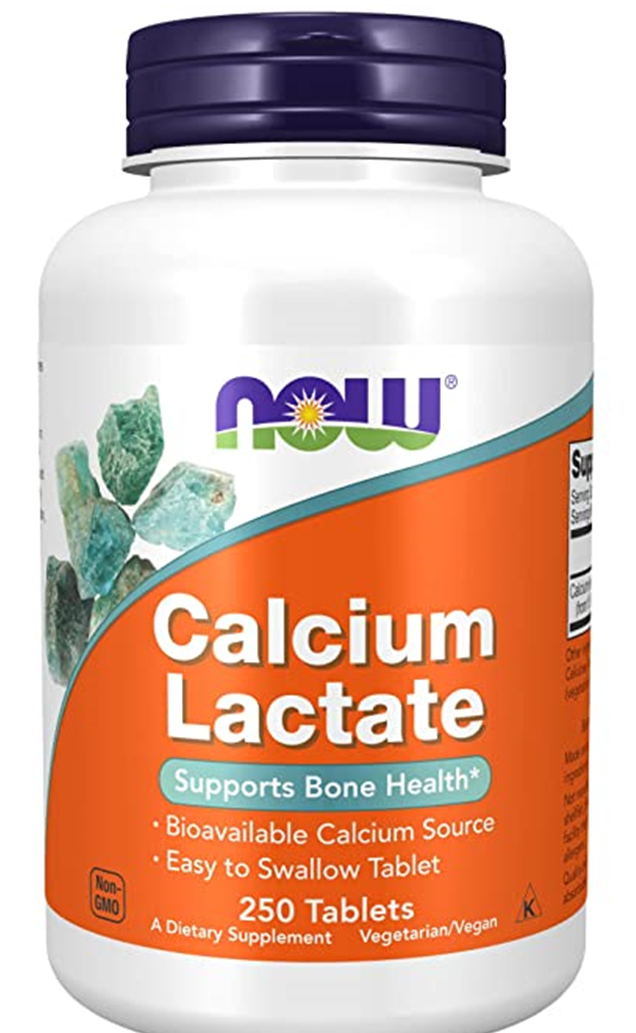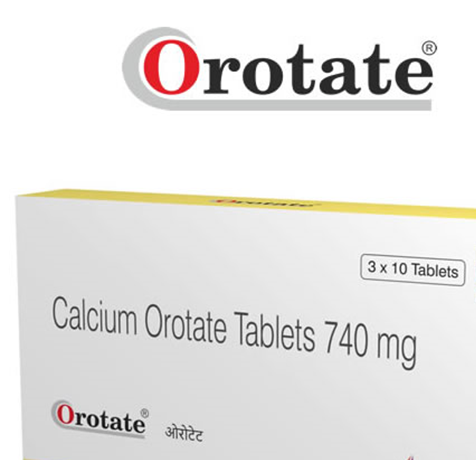Many people take calcium supplements to ensure they are getting enough of this vital nutrient. However, there are both benefits and risks associated with calcium supplementation, and it's important to understand them before starting a supplement regimen.
Let’s start!!
 |
Calcium is an essential mineral that is necessary for
many bodily functions, including the formation and maintenance of healthy bones
and teeth, the proper function of the nervous system, muscle function, and
blood clotting. Calcium is also involved in cellular signaling, enzyme
regulation, and hormone secretion.
It is one of the most abundant minerals in the human body, with about 99% of the body's calcium stored in the bones and teeth. The remaining 1% is found in the blood, muscle, and other tissues.
If calcium levels in the blood drop below normal, calcium will be taken from bone and put into the blood in order to maintain blood calcium levels. Therefore, it is important to consume enough calcium to maintain adequate blood and bone calcium levels.
How much Calcium is required ?
The amount of calcium you need depends on your age,
sex, and other factors. Here are the recommended daily allowances of calcium
for different age groups:
Tips to help maintain adequate calcium levels in the body
Consume calcium-rich foods: Include calcium-rich foods in your diet such as dairy products, leafy green vegetables, nuts, and seeds.
Consume enough Vitamin D: Vitamin D helps the body absorb calcium from food. You
can get vitamin D from sunlight, food sources such as fatty fish, eggs, and
fortified products like milk and cereal, or from supplements.
When should you Consider calcium supplements?
If you are unable to get enough calcium from food
sources, consider taking calcium supplements.
1.Osteoporosis: Calcium supplements are often prescribed to people with osteoporosis, a condition that weakens bones and makes them more susceptible to fractures
2.Hypocalcemia: Calcium supplements may be prescribed to people with hypocalcemia, a condition where there is too little calcium in the blood
3.Malabsorption syndromes: People with malabsorption syndromes, such as celiac disease or Crohn's disease, may not absorb enough calcium from their diet, and may require calcium supplements
4.Inadequate dietary intake: People who do not get enough calcium from their diet may require calcium supplements to maintain adequate calcium levels
5.Pregnancy and breastfeeding: Women who are pregnant or breastfeeding have increased calcium needs, and may require calcium supplements to meet these needs
6.Vegan or vegetarian diets: People following vegan or
vegetarian diets may have difficulty getting enough calcium from their diet,
and may require calcium supplements to meet their calcium needs.
7.Chronic kidney disease: People with chronic kidney disease may require calcium supplements to help maintain adequate calcium levels, as the kidneys play an important role in regulating calcium levels in the body.
It is important to note that calcium supplements should be taken under the guidance of a Doctor, as taking too much calcium can have negative health effects. It is important to get a blood test or Xrays or DEXA Scan and discuss any necessary steps to maintain healthy calcium levels.
What questions you should ask your doctor before starting calcium?
Before starting calcium supplements, it is important to discuss with your DOCTOR if it is appropriate for you, and if so, which type and dosage is best for your individual needs.
Is it safe for me to take calcium supplements?
Which type of calcium supplement is best for me?
What is the recommended dosage for me based on my age, gender, and health status?
Are there any interactions with other medications or supplements that I am currently taking?
How long should I take the supplement and when should I re-evaluate my calcium levels?
Are there any potential side effects or risks associated with taking calcium supplements?
Are there any dietary or lifestyle changes that can help me maintain adequate calcium levels?
When should be calcium supplements avoided ?
1.Hypercalcemia: A condition where there is already too much calcium in the blood. Taking calcium supplements in this case can further increase calcium levels and lead to complications.
2.Kidney stones: As high levels of calcium can contribute to the formation of kidney stones.
3.Certain medical conditions: Such as sarcoidosis may need to avoid calcium supplements.
4.Constipation: May need to use caution when taking calcium supplements.
5.Allergies: Some calcium supplements may contain allergens, such as dairy or soy products, so people with allergies to these products may need to avoid certain types of calcium supplements.
Which form of calcium should I take ?

 |
Calcium supplements are available in various forms like tablets, capsules, and liquids.
|
|
Pros |
Cons
|
|
Tablets
and capsules |
Convenient and easy to take Available in various dosages and formulations, including slow-release and rapid-release options Generally cost-effective |
May be difficult to swallow for some individuals Can
cause gastrointestinal side effects, such as constipation or upset stomach May not be as easily absorbed as other forms of calcium supplementation |
|
Chewing tablets |
Easy
to take, especially for those who have difficulty swallowing pills
Available in flavored options
|
Can
cause gastrointestinal side effects, such as constipation or upset stomach May not be as easily absorbed as other forms of calcium supplementation Limited dosages and formulations available |
|
Syrups or effervescent tablets |
Easy to take, especially for those who have difficulty swallowing pills Available
in various dosages and formulations, including flavored options
|
Can
be more expensive than other forms of calcium supplementation May contain added sugars or other ingredients that are not ideal for Diabetics! Limited dosages and formulations available |
|
Injections
|
Can be useful for individuals who cannot tolerate oral supplementation or who require immediate correction of severe calcium deficiency Generally
very effective at increasing calcium levels quickly
|
Can be painful and require a healthcare provider to administer May
cause side effects such as injection site reactions or allergic reactions Generally more expensive than other forms |
Which type of calcium salt is recommended?
There
are different types of calcium salts in market, which vary in their
chemical composition and bioavailability.
Here are some of the most common types of calcium salts used in supplements:
|
Calcium
Carbonate
|
Most commonly used form of calcium supplement. Inexpensive highest concentration of elemental calcium (around 40%). Best absorbed in the presence of stomach acid (so taken with food) Do not use along with ANTACIDS !! |
|
Calcium
Citrate
|
21% elemental calcium well-absorbed even in the absence of stomach acid, which makes it a good option for individuals with low stomach acid or who are taking ANTACIDS |
|
Calcium
Phosphate
|
less commonly used well-absorbed 39% elemental calcium.
|
|
Calcium Lactate |
well-absorbed often used in liquid or chewable calcium supplements. contains 13% elemental calcium |
|
Calcium Gluconate
|
often used in injectable forms for the treatment of severe calcium deficiency. Reserved for people who cannot take oral calcium supplements. contains 9% elemental calcium |
|
Calcium Glycerophosphate |
|
|
Calcium Aspartate |
|
In addition to the type of calcium salt, calcium supplements may also contain other ingredients, such as vitamin D, magnesium, or vitamin K, which can help improve calcium absorption and support bone health.
Certain foods and drinks can interfere with calcium absorption and decrease the amount of calcium that the body is able to absorb. Here are some examples:
Foods
high in oxalic acid: Foods such as spinach, rhubarb, and
beet greens, can bind to calcium and form calcium oxalate, which is poorly
absorbed by the body.
Foods
high in phytic acid: Foods such as whole grains, nuts,
and seeds, can also bind to calcium and reduce its absorption.
Excessive caffeine intake: Coffee, tea, and some soft drinks, can interfere with calcium absorption.
Excessive alcohol intake: Can interfere with calcium absorption and also increase calcium loss through the urine.
Excessive
salt intake: Can increase calcium loss through the urine,
which can lead to decreased calcium absorption over time.
Corticosteroids: Can decrease calcium absorption
by reducing the formation of active vitamin D
Antacids containing Aluminum(Gelusil) or Proton pump inhibitors (Pantop) or H2 Blockers (Rantac) work by reducing stomach acid production, which can interfere with calcium(Calcium Carbonate) absorption. However, Calcium Citrate is an exception.
Some Anti-seizure medications: Such as phenobarbital and phenytoin, can interfere with calcium absorption by reducing the formation of active vitamin D.
Some Thyroid medications: Levothyroxine, can interfere with calcium absorption by increasing the breakdown of active vitamin D.
How long should I take calcium Supplements?
The length of time you should take calcium supplements may depend on various factors, including your age, health status, and the reason for taking the supplement.
In general, it is recommended to continue taking calcium supplements as long as necessary to maintain adequate calcium levels and support bone health and does not require a drug holiday.
Your doctor may
recommend periodic blood tests or bone density scans to monitor your calcium
levels and assess your bone health.
Here is a checklist for calcium tablets:
Calcium type: Check the type of calcium used in the supplement. Common types of calcium include calcium carbonate, calcium citrate, and calcium gluconate. Each type has different properties and may be better suited for different people.
Calcium dose: Check the dose of calcium per tablet. The recommended daily intake of calcium varies depending on age and gender, so it's important to make sure you're getting the appropriate dose.
Additional ingredients: Check if the supplement contains any additional ingredients, such as vitamin D, magnesium, or vitamin K. These ingredients can help improve calcium absorption and support bone health..
Brand reputation: Choose a reputable brand that is known for quality supplements. Look for third-party certifications or seals of approval, such as the FSSAI or USP Verified Mark or NSF International certification.
Expiration date: Check the expiration date on the package. Expired supplements may not be as effective and can even be harmful.
Side effects: Consult with your healthcare provider to discuss any potential side effects or interactions with other medications or supplements.
Now, here's a brief summary
Calcium is an essential mineral for bone health, muscle function, and other physiological processes in the body.
The
recommended daily intake of calcium varies depending on age, gender, and other
factors.
Calcium
supplements may be recommended in certain cases to help meet daily calcium
requirements, but it's important to talk to a healthcare professional before
starting any new supplement regimen.
Calcium
supplements come in various forms, including tablets, capsules, chewable
tablets, syrups, and injections, and may contain different types of calcium
salts.
The
absorption of calcium from supplements can be influenced by various factors,
including other medications, certain foods and drinks, and vitamin D status.
Possible side effects of calcium supplements include constipation, bloating, and kidney stones, among others.
Remember to always follow your doctor's recommendations regarding the use of calcium supplements and to discuss any concerns or questions you may have about your calcium intake and bone health.
For More Details, Consult















.png)

Comments
Post a Comment